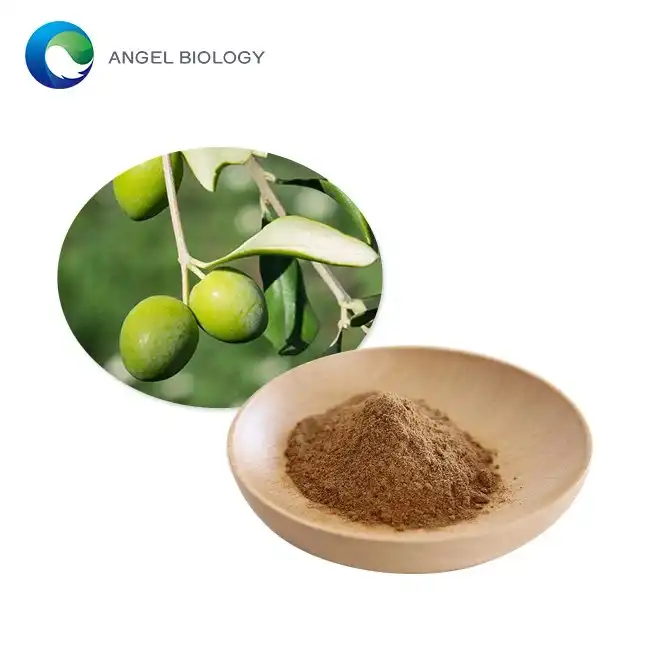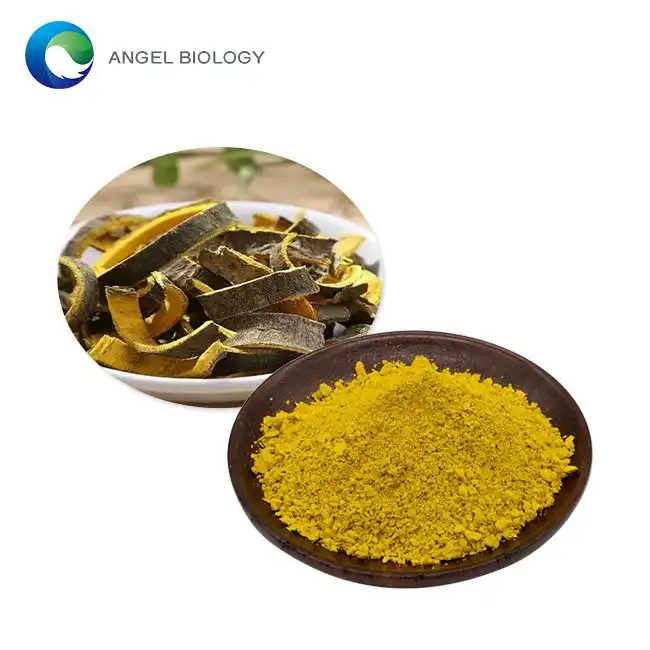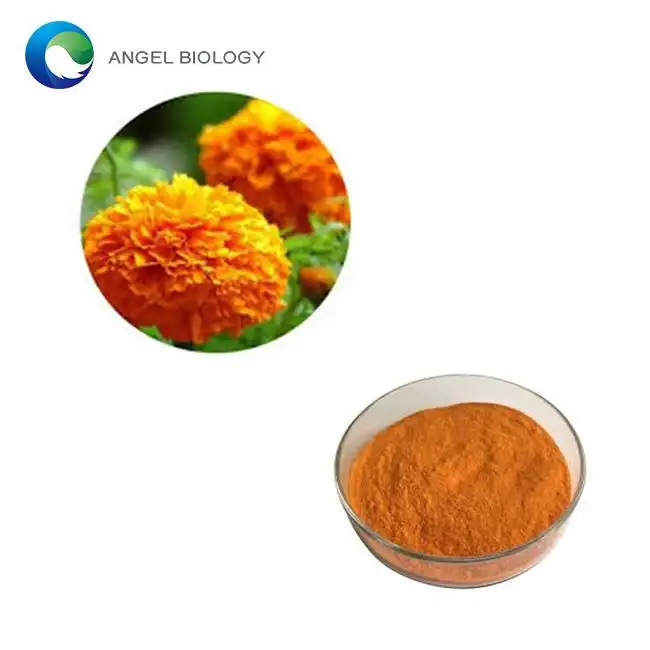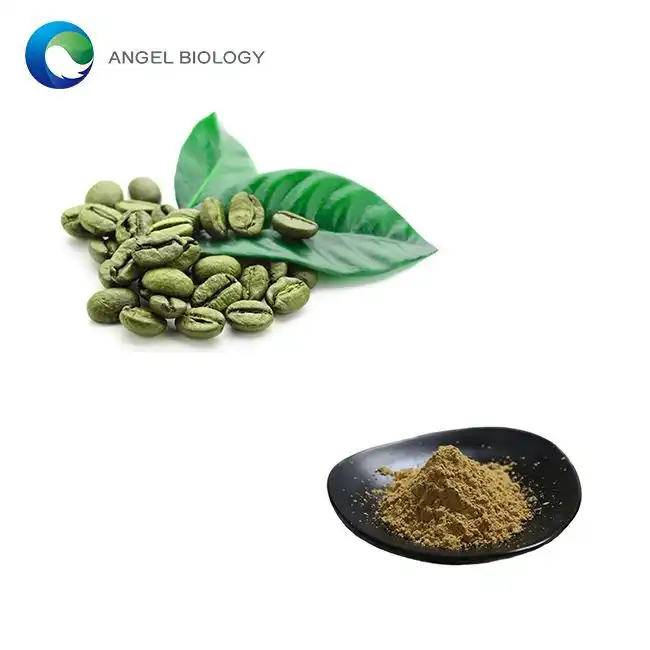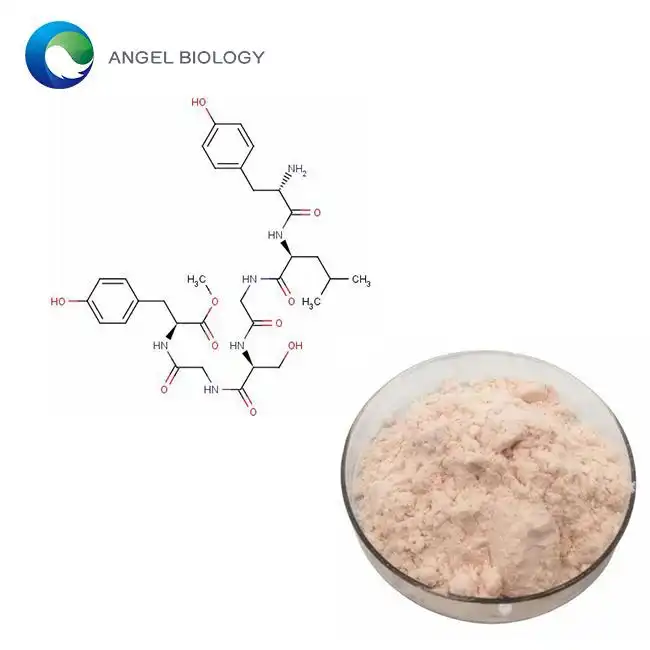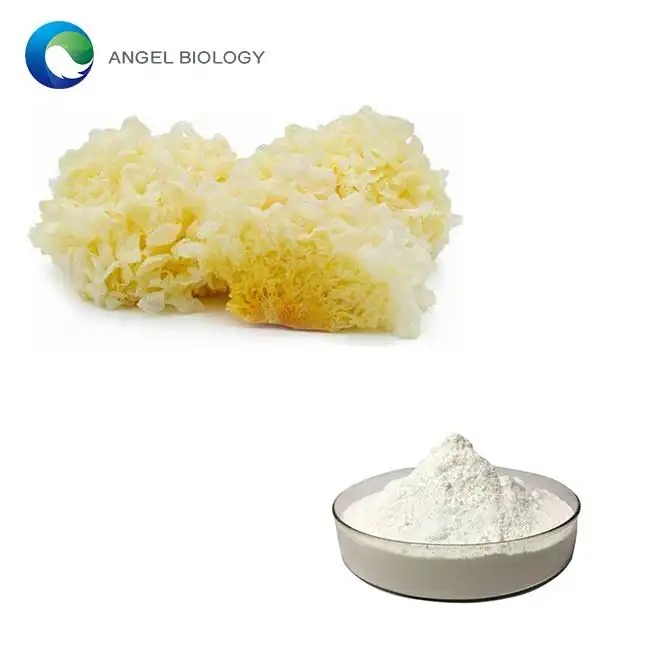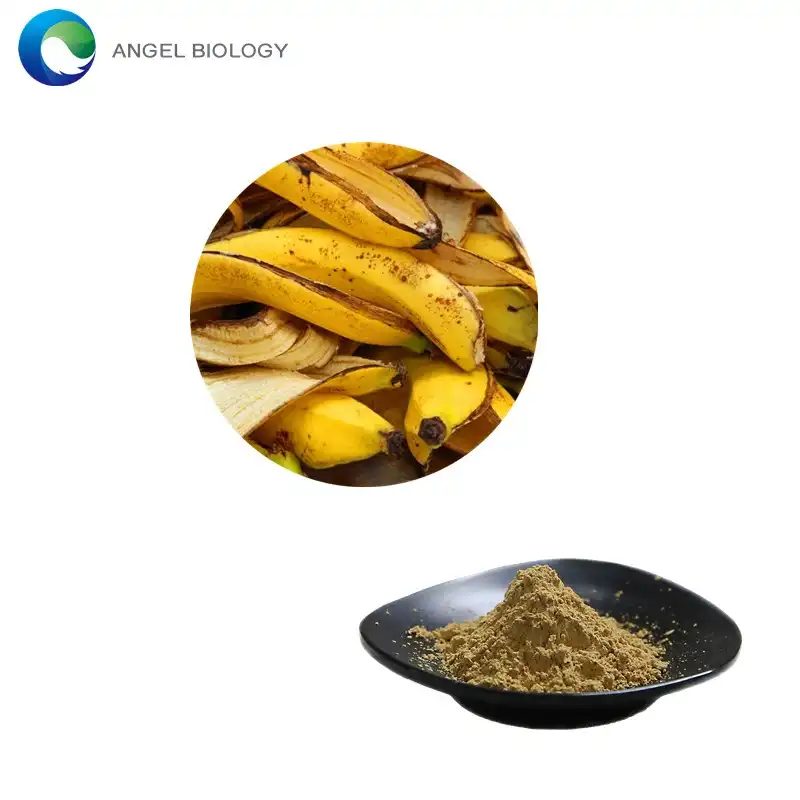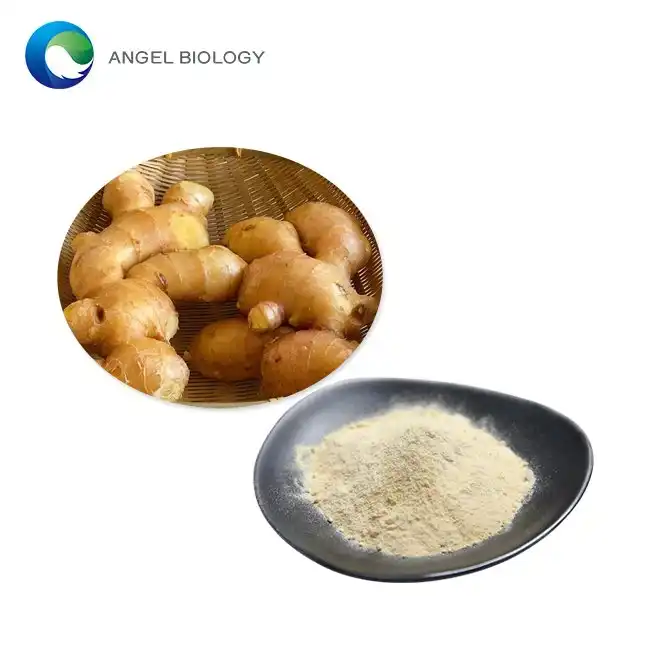Key Bioactive Compounds in Gastrodia Root Extract
Gastrodia root extract, derived from the orchid Gastrodia elata, has been a cornerstone of traditional Chinese medicine for centuries. This powerful botanical extract is garnering increased attention in the scientific community due to its potential health benefits, particularly in the realm of neurological health. In this comprehensive exploration, we'll delve into the primary bioactive compounds found in gastrodia root extract, focusing on their neuroprotective properties and potential applications in modern healthcare.
What are the primary bioactive compounds in gastrodia root?
Gastrodia root is a veritable treasure trove of bioactive compounds, each contributing to its remarkable therapeutic potential. The extract contains a diverse array of constituents, including phenolic compounds, polysaccharides, and various other phytochemicals. However, among these, several stand out as particularly noteworthy:
- Gastrodin: This phenolic glycoside is arguably the most well-known and extensively studied compound in gastrodia root. It's considered the primary active ingredient and is often used as a quality marker for gastrodia root extract.
- 4-Hydroxybenzyl alcohol: A metabolite of gastrodin, this compound also contributes significantly to the extract's biological effects.
- Vanillin and vanillyl alcohol: These vanilla-related compounds are present in smaller quantities but play important roles in the extract's overall efficacy.
- Parishin and its derivatives: These are a group of gastrodin-related compounds that have shown promise in various studies.
- Polysaccharides: While less studied than the phenolic compounds, gastrodia polysaccharides have demonstrated intriguing biological activities.
Each of these compounds contributes to the complex pharmacological profile of gastrodia root extract. Their synergistic interactions are believed to be key to the extract's therapeutic effects, highlighting the importance of using whole-plant extracts rather than isolated compounds.

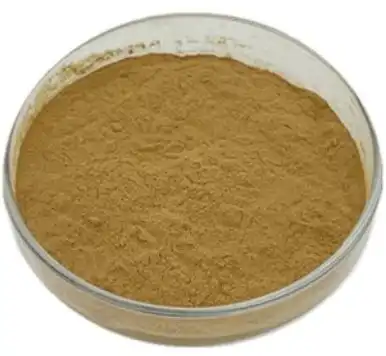
Gastrodin and its neuroprotective properties explained
Gastrodin, the star player in gastrodia root extract, has been the subject of numerous scientific studies due to its remarkable neuroprotective properties. This phenolic glycoside has demonstrated a wide range of effects on the central nervous system, making it a promising candidate for various neurological applications.
One of gastrodin's most notable properties is its ability to modulate neurotransmitter systems. Research has shown that gastrodin can influence the levels and activity of several key neurotransmitters, including:
- GABA (gamma-aminobutyric acid): Gastrodin has been found to increase GABA levels, potentially contributing to its anxiolytic and anticonvulsant effects.
- Glutamate: By regulating glutamate levels, gastrodin may help protect against excitotoxicity, a process implicated in various neurodegenerative disorders.
- Dopamine: Some studies suggest that gastrodin can influence dopamine metabolism, which could have implications for conditions like Parkinson's disease.
Beyond neurotransmitter modulation, gastrodin exhibits potent antioxidant and anti-inflammatory properties. These effects are particularly relevant in the context of neuroprotection, as oxidative stress and neuroinflammation are key factors in many neurological disorders. By combating these processes, gastrodin may help preserve neuronal health and function.
Furthermore, gastrodin has shown promise in promoting neuroplasticity and neurogenesis. These processes are crucial for maintaining cognitive function and potentially recovering from neurological injuries. Some studies have suggested that gastrodin may enhance the expression of neurotrophic factors, which play vital roles in neuronal growth and survival.
The neuroprotective effects of gastrodin have been investigated in various contexts, including:
- Neurodegenerative disorders: Promising results have been observed in models of Alzheimer's and Parkinson's diseases.
- Cerebrovascular conditions: Gastrodin may offer protection against ischemic injury and improve outcomes after stroke.
- Epilepsy: The anticonvulsant properties of gastrodin make it a potential adjunct therapy for seizure disorders.
- Cognitive function: Some studies suggest that gastrodin could enhance memory and learning capabilities.
While these findings are exciting, it's important to note that much of the research is still in preclinical stages. Further clinical studies are needed to fully elucidate the potential of gastrodin in human neurological health.
The role of phenolic compounds in gastrodia root extract
While gastrodin is undoubtedly the most well-known constituent of gastrodia root extract, it's far from the only phenolic compound contributing to the extract's therapeutic potential. The rich array of phenolic compounds in gastrodia root work in concert to produce a wide range of biological effects.
4-Hydroxybenzyl alcohol, a metabolite of gastrodin, has shown neuroprotective properties in its own right. Some studies suggest that it may even be more potent than gastrodin in certain aspects. This compound has demonstrated:
- Antioxidant effects: It can scavenge free radicals and reduce oxidative stress in neuronal cells.
- Anti-inflammatory properties: 4-Hydroxybenzyl alcohol may help mitigate neuroinflammation, a key factor in many neurological disorders.
- Neuroprotective actions: It has shown promise in protecting against various forms of neuronal injury.
Vanillin and vanillyl alcohol, while present in smaller quantities, also contribute to the overall efficacy of gastrodia root extract. These compounds have demonstrated:
- Antioxidant properties: Both vanillin and vanillyl alcohol are potent antioxidants.
- Neuroprotective effects: Some studies suggest they may help protect against neurodegenerative processes.
- Anti-inflammatory actions: These compounds may help reduce neuroinflammation.
Parishin and its derivatives represent another important group of phenolic compounds in gastrodia root. These gastrodin-related compounds have shown promising results in various studies, including:
- Neuroprotective effects: Parishin has demonstrated protective effects against various forms of neuronal injury.
- Cognitive enhancement: Some studies suggest that parishin may improve learning and memory functions.
- Anxiolytic properties: Parishin may have anxiety-reducing effects, potentially contributing to the overall calming properties of gastrodia root extract.
The polyphenol content of gastrodia root extract extends beyond these major compounds. A diverse array of other phenolic compounds contributes to its overall antioxidant capacity and potential health benefits. These include various phenolic acids and flavonoids, each with its own unique properties.
capacity and potential health benefits. These include various phenolic acids and flavonoids, each with its own unique properties.
It's crucial to understand that the therapeutic effects of gastrodia root extract likely stem from the synergistic interactions between these various phenolic compounds. This highlights the importance of using whole-plant extracts rather than isolated compounds. The complex phytochemical profile of gastrodia root allows for multi-target effects, potentially enhancing its overall efficacy and reducing the likelihood of side effects compared to single-compound interventions.
Research into the individual and combined effects of these phenolic compounds is ongoing. As our understanding deepens, we may uncover even more potential applications for gastrodia root extract in the realm of neurological health and beyond.
Conclusion
The bioactive compounds in gastrodia root extract offer a fascinating glimpse into the potential of natural products in modern healthcare. From the well-studied gastrodin to the myriad other phenolic compounds, each constituent plays a role in the extract's remarkable therapeutic potential. As research continues, we may uncover even more exciting applications for this ancient herbal remedy.
If you're intrigued by the potential of gastrodia root extract and other natural ingredients for health and wellness applications, Angelbio is here to help. As a leading innovator in natural ingredient research and development, we're dedicated to providing high-quality, scientifically-backed products for the nutraceutical, cosmetic, and pharmaceutical industries. Our team of experts is committed to harnessing the power of nature to promote global health and well-being.
Ready to explore how gastrodia root extract or other natural ingredients can enhance your product line? We'd love to hear from you. Reach out to us at angel@angelbiology.com to discuss your needs and discover how Angelbio can support your innovation journey. Let's work together to create products that make a real difference in people's lives.
References
1. Chen, P.J., Liang, K.C., Lin, H.C., et al. (2020). Gastrodia elata Blume and its components protect against neurodegeneration: A review of possible mechanisms. Journal of Ethnopharmacology, 257, 112835.
2. Liu, Y., Gao, J., Peng, M., et al. (2018). A Review on Central Nervous System Effects of Gastrodin. Frontiers in Pharmacology, 9, 24.
3. Zhan, H.D., Zhou, H.Y., Sui, Y.P., et al. (2016). The rhizome of Gastrodia elata Blume - An ethnopharmacological review. Journal of Ethnopharmacology, 189, 361-385.
4. Zhang, X.L., Yuan, Y.H., Shao, Q.H., et al. (2017). Neuroprotective effects of parishin and its derivatives from Gastrodia elata against excitotoxicity and neuronal apoptosis. Journal of Ethnopharmacology, 198, 122-130.



